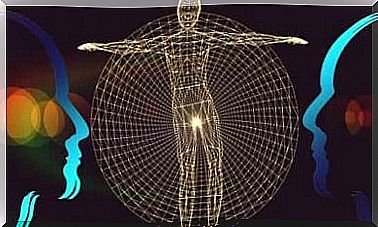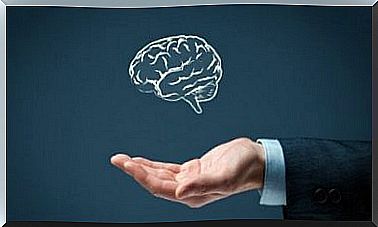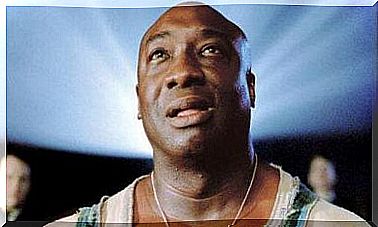Anxiety Symptoms You Should Know
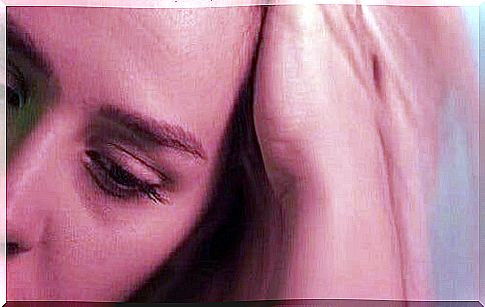
Symptoms of anxiety usually differ from person to person. After all, this depends on the psychological condition each person suffers from.
Each person experiences fear in a different way. Feelings of fear are like a liquid that keeps its color but adapts to the shape of its container. In this metaphor, the color represents the range of symptoms of anxiety that manifest themselves in most cases.
In all cases, however, fear leads to a psychological state of accumulation. Each problem then seems to weigh twice as much. Every setback then becomes something huge.
To date, the number of diagnoses referring to anxiety disorders is comparable to the number of diagnoses of depression. In fact, there is a great temptation to view the two phenomena as two sides of the same coin. We also know that the number of diagnoses is increasing every year. Anxiety also affects more women than men.
The Difficulties of Diagnosing Anxiety Disorders
The Royal College of Psychiatrists in the United Kingdom has conducted a study on this. This is one of the studies that states that it is not easy to make an accurate diagnosis when it comes to anxiety.
Different professionals from different fields (primary doctors, psychiatrists, nurses, psychologists, physiotherapists and others) participated in this study. They have also pointed out that it is very easy to confuse anxiety symptoms with other clinical conditions.
So the cause of stomach pain is not always poor digestion. Back pain is also not always the result of poor posture. The truth is that anxiety disorders can cause many problems.

The Five Areas of Anxiety Symptoms
We can divide the symptoms of anxiety into five groups. However, it is common for people to experience different symptoms from each of these groups. For example, a person with social anxiety may suffer from the classic symptoms such as shaking, tingling, and dizziness. At the same time, they may also suffer from cognitive symptoms.
Let’s take a look at the characteristics of each category.
Physical Symptoms of Anxiety
- Tachycardia
- shortness of breath
- Chest pressure
- Dizziness
- To sweat
- muscle tension
- Stomach ache
- exhaustion
- Headache
If these symptoms are intense and last a long time, they can also lead to more serious conditions. Here are some examples: insomnia, eating disorders, lack of libido, a weakened immune system, and so on.
On the other hand, it is very common for these anxiety symptoms to make the person think that they are suffering from some form of physical illness. So it is very important to seek help from a psychologist. They can help to discover the real cause of these symptoms.

Cognitive Symptoms
The cognitive symptoms of anxiety have to do with the thoughts that usually trigger the anxiety. These are the most common:
- Constantly worrying
- Catastrophic Thoughts
- Memory problems
- Giving undue importance to unimportant facts
- stress
- Concentration problems
- Difficulty making decisions
- compulsive thoughts
- Feelings of emptiness
- Sensations where the ordinary environment feels unfamiliar
- Insecurity
- Fear of losing control
- Suicidal Thoughts
Emotional Symptoms of Anxiety
Emotional or feeling anxiety is yet another condition to consider. This is especially true if this form of anxiety persists.
- The most common emotional symptoms of anxiety are apathy and restlessness
- Mood swings and irritability
- To cry
- Nervous laughter
Behavioral Symptoms
Avoidance behavior is one of the most recurrent symptoms of anxiety. It is very common for patients with this type of condition to avoid certain situations and actions.
They feel that they may have an anxiety attack that they will not be able to control. Their insecurity may then lead them to believe that the ground beneath their feet is like a minefield.
So it is very common for them to exhibit the following behaviors:
- They feel blocked or act impulsively
- Their body language changes. For example, in these people we can detect an excessive slowness or overactivity
Social Symptoms
- Difficulty having conversations or talking too much
- No interest in the hobbies they were once passionate about
- The need for solitude and seclusion
- Avoiding ordinary activities like work or hanging out with friends
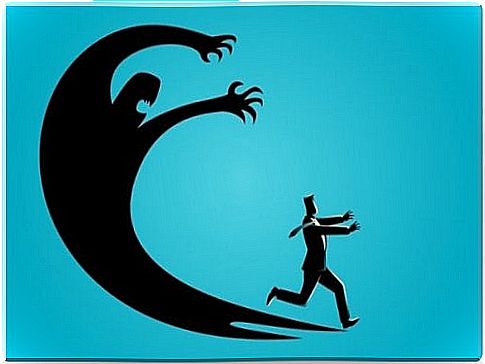
We want to finish with this. As you may be, the symptoms of anxiety are as varied as they are exhausting. So do not hesitate to consult a specialized professional if you find yourself in this situation.
Many people regularly consult their doctor without realizing the real reason for their insomnia, exhaustion or persistent headaches. So consult a psychologist. This can improve your mental, physical and emotional well-being.

